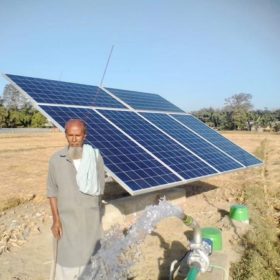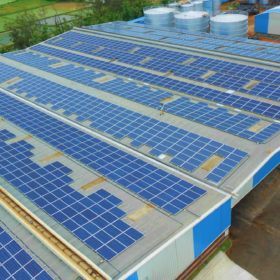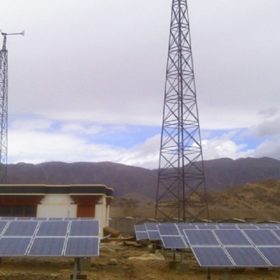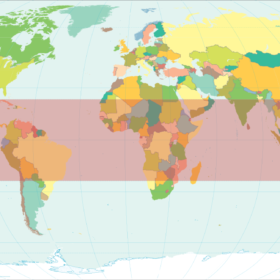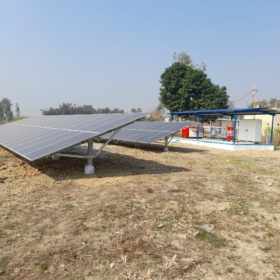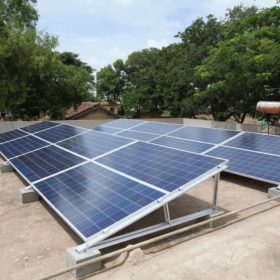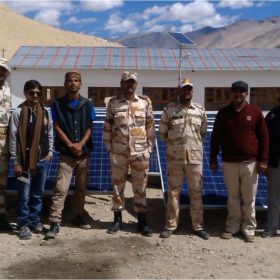Tesla sharpens focus on solar
In an earnings call this week, Tesla CEO Elon Musk boldly claimed that the company will soon be “the market leader in solar.”
West Bengal tenders for solarization of grid-connected agriculture pumps
Developers have until February 13 to bid for installation and commissioning of distributed grid-connected solar PV plants to power agriculture pumps.
IFC says green recovery could drive $2.5tn renewables market this decade
The private-sector arm of the World Bank, which claims to leverage $3 of its own capital and $8 from third parties for every dollar invested in its blended finance funds, has attempted to quantify what devoting Covid recovery funds to green investment would mean for emerging economies.
Amplus Solar launches innovation challenge for clean energy start-ups
Applications are invited from start-ups with ready-to-deploy solutions in areas like distributed solar, Internet of Things (IoT) applications in energy, battery storage and electric mobility. Winners will be supported through seed capital to scale up.
Telangana plans solar-powered floating restaurants and boats on water bodies
The floating restaurants and boats shall have on-board Li-ion battery storage to continuously power main motors and utility loads for six hours on a single charge. The batteries shall be charged by solar power and AC current from the shore to ensure the loads’ uninterrupted operation.
NTPC invites proposals for solarization projects in ISA member countries
The selected applicants are required to execute projects across categories like solar-powered cold storage, solar water pumps, solar-powered reverse-osmosis water systems and off-grid solar systems for primary health care centers on a turnkey basis. The work includes engineering, supply, erection, commissioning along with maintenance support for three years.
Tata Power arm hits ‘100 solar microgrids’ milestone
TP Renewable Microgrid has installed an aggregate 3 MW of solar microgrid capacity with its 100th project commissioned in Ratnapur, Uttar Pradesh.
The case for distributed solar with storage
Gopal Lal Somani, a former director at the Jaipur-based Rajasthan Renewable Energy Corporation Ltd (RRECL), says distributed solar systems with storage are the key to achieving India’s mission of supplying clean energy at an affordable cost to all. In this article, he dwells on the benefits and techno-commercial feasibility of these systems for the nation.
Solar power keeping ITBP outposts along China border warm
The Indo-Tibetan Border Police outposts along the China border at the height of 18,000 feet use MicroSun Solar panels to generate electricity for central heating, among other applications.
India’s path away from climate disaster lies in the rapid growth of renewable power
The nation is already firmly positioned to lead the world in the clean energy revolution. Consolidating this position would unlock significant economic growth and competitiveness by attracting domestic and foreign investment, creating jobs, and improving public health.

